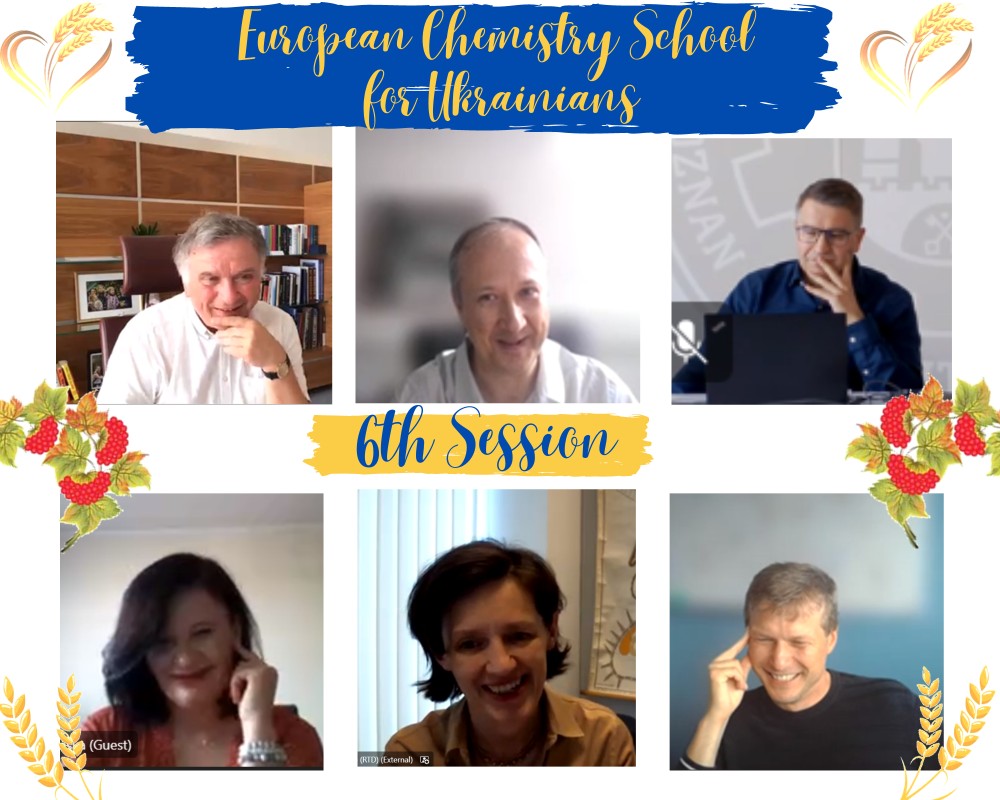European Chemistry School for Ukrainians
6th Session July 13th 2023
The final session of the European Chemistry School for Ukrainians Session was opened by a very distinguished surprise guest: Dr. Henrietta van Eijl, leader of the Economic and Social Transitions Program in the European Commission’s Directorate-General for Research and Innovation. Dr. Henriette van Eijl came to share “hugs from Brussels”, and to welcome the Ukrainian listeners to the European research community (Ukrainian researchers are now eligible to apply for European funding). The European Commission, she explained, relies heavily on the work of talented researchers to advance industrially relevant projects seeking to solve energy and environmental challenges, regulate and enforce standards among scientists and in industry, and to step up in the face of emergencies like global pandemics. Her message was clear: Europe needs motivated scientists to function and advance, and the Commission is using every tool it has to support researchers.
After Dr. Henriette van Eijl remarks, the session turned to its scheduled speakers: Prof. Dr. Maciej Kubicki, Prof. Dr. Teofil Jesionowski, and Prof. Dr. Christian Serre.
Prof. Dr. Maciej Kubicki joined the School from Adam Mickiewicz University in Poznan, where he is the Dean of the Faculty of Chemistry and an excellent mentor to the rising professors in his institute. Prof. Kubicki started his presentation with an introduction to his university’s history, mission, values, and the facilities, resources, and support networks of the chemistry department, including new laboratories, state of the art equipment, and a number of outreach events and social clubs designed to bring scientists together. Even armed with all of the data and photos of new, pristine laboratories and voluminous lecture halls, perhaps Prof. Kubicki’s most persuasive argument was the sincerity with which he welcomed the young scholars in his audience to join his department and the thriving research community in Poznan.
Prof. Kubicki then began to describe his specific research projects: charge density studies on organic and metal complexes used in the formation of macromolecules. He focused on the advantages and disadvantages of a classical structural determination technique: X-ray crystallography. Classic X-ray structural determination, Prof. Kubicki explained, may be the victim of its own success. It is a cheap and reliable technique, but it has “more to offer than just the structure,” Kubicki explained, adding that researchers must “push the limits of the data and resolution” to fully understand the intricacies of electron density to explain the charge distribution in common but complex macromolecules like proteins. After describing the extensive and detailed work required to analyze a structure completely, Prof. Kubicki reflected on the chief objection to his work – is it too complicated to justify the investment? The professor seemed genuinely open to all responses to this postulation, and ended his talk by advising young researchers that the most important element to a successful research career is “having faith that there are true solutions”.
Prof. Kubicki was followed by a researcher from a neighboring institute just across the river in Poznan: Prof. Dr. Teofil Jesionski, Rector of Poznan University of Technology. Prof. Jesionski’s research interests encompass a diverse spectrum of materials science, including hybrid, functional, biomimetic, polymer, and composite materials. One of the primary applications of Prof. Kubicki’s work is in wastewater remediation, where his research team has used biocomposite materials (ex. Chitin) for absorption and photocatalysis to remove pollutants like cadmium or hormones, or marine sponges to remove dyes. Other products from the Jesionski lab are used in biological sensing or drug delivery, such as magnetine and lignin composites for wound care systems and 3D printed electrodes for pharmaceuticals.
The breadth of Prof. Jesionski’s research was matched only by the depth of his support for the people of Ukraine. Like Prof. Kubicki, Prof. Jesionski encouraged the listeners to pursue careers in Poznan, a city whose history mirrors the battle Ukraine is fighting now. He and he countrymen, he assured the audience, will “do our best to support Ukraine”.
The final speaker of the School was Prof. Christian Serre, Director of the Institute of Porous Materials in Paris and CNRS researcher. Prof. Serre’s research team studies Metal-Organic Framework (MOF) materials for applications in two broad categories: remediation and biomedicine. Prof. Serre’s remediation work includes (among other projects) the preservation of historic documents and the selective capture of volatile organic solvents (VOCs) and NOx, common and dangerous air pollutants. The Serre Group also studies MOFs for their applications in drug delivery, where they can offer several advantages over traditional carrier systems. In particular, Prof. Serre’s has explored the toxicity of MOFs in living systems and their abilities to interact with biological matrices in ways that facilitate targeted drug delivery or responsivity to environmental factors like pH. These materials have been tested as treatments for lung cancer and bacterial infections, and as novel materials to deliver the therapeutic gas nitric oxide.
Prof. Serre addressed questions about the industrial scalability and popularity of MOFs. He was optimistic about advances in MOF production but acknowledged that some applications were more promising than others (for example, he was more optimistic about gas capture and water harvesting, adding that other promising applications will probably be in increasingly niche applications). Prof. Serre advised to his colleagues in the field to focus more on fundamental research than applied research, where scientists can feel pressure to move new materials and ideas to in vivo studies for highly specific applications before fully understanding the chemical processes at work.
The session ended with warm goodbyes from the organizers, Prof. Dr. Joanna Goscianska and Prof. Dr. Stefan Wuttke. “We hope that these presentations have given you some inspiration, some motivation, to establish collaborations or development new research topics” said Prof. Goscianska, adding that she hoped this opportunity would help to “extend your professional and general competencies for advancing careers as international researchers”.
Слава Україні!
Written by Madeline Walden
Photo Collage by Orysia Zaremba


